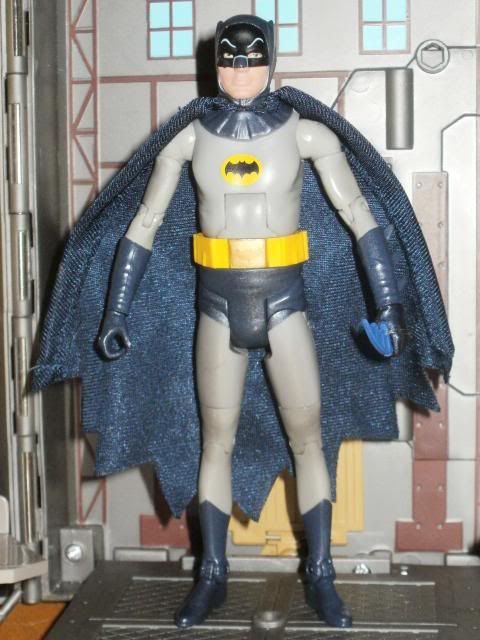
After Wilt Chamberlain was offered a $100,000 salary, the Celtics offered Russell $100,001.
Shot-blocking, rebounding, and overall defense were Russell's specialties. He had springy legs -- he high jumped 6'10" in college -- and pursued the ball relentlessly, five times leading the NBA in rebounds per game. His efforts on the boards keyed the Boston Celtics' vaunted fastbreak. He was a player who could dominate a game without scoring.
It was winning that distinguished Russell from the other greats. Frank Deford, the renowned sports writer, called Russell "the very epitome of ability and victory in sport."
Surprisingly, Russell wasn't the first selection in the 1956 draft. The Rochester Royals chose Sihugo Green, a guard from Duquesne. St. Louis, picking second, traded its position to the Celtics for Ed Macauley and Cliff Hagan. The Hawks would win the NBA championship in 1958 and Hagan would have an outstanding career, but in the long run the Celtics got the best of the deal -- by far.
With the 6'10" Russell at center, the Celtics were a nearly unstoppable force, winning 11 championships during his tenure, including the last two with him doubling as player and coach. The first title came in 1957, Russell's rookie season. Boston lost to the Hawks the next season -- primarily because Russell suffered an ankle injury in Game 3 of the Finals -- then won eight championships in succession.
Russell's battles with Chamberlain were legendary. They met 142 times, with Russell averaging 23.7 points and 14.5 rebounds, compared with 28.7 points and 28.7 rebounds for Wilt. But in the court of public opinion, Russell nearly always won. He was the linchpin of the most successful franchise in professional basketball history.
The Celtics lost their crown to Chamberlain and the Sixers in 1967, Russell's first year as player/coach, but reclaimed it in 1968. They won again in 1969 in a shocking upset of the Lakers. In Game 7, Russell played all 48 minutes and had 21 rebounds. It was his last game. His knees wracked by arthritis and with nothing left to prove, he announced his retirement later that summer at age 35. The Celtics fell to sixth place the following season, 26 games back of the New York Knicks.
Upon retirement, Russell dabbled in acting and broadcasting. He also coached the Seattle SuperSonics for four seasons and the Sacramento Kings for one. Russell wrote two autobiographies: Second Wind and Go Up For Glory. He was elected to the Hall of Fame in 1974.
http://entertainment.howstuffworks.com/ ... ell-at.htm
Russell's lack of consistent success in other endeavors hasn't diminished his place in basketball history, and he has had no shortage of postcareer honors over the years. In 1970, he was named to the NBA 25th Anniversary All-Time Team. In 1974, Russell was elected to the Naismith Memorial Basketball Hall of Fame. In 1980, he was named to the NBA 35th Anniversary All-Time Team. That same year, he was voted Greatest Player in the History of the NBA by the Professional Basketball Writers Association of America.
Although the arrival of Michael Jordan later in the decade may have reopened the debate over who was truly the game's best player, what remains irrefutable is that Russell radically changed people's thinking about how basketball games are won.
http://www.nba.com/history/players/russell_bio.html













